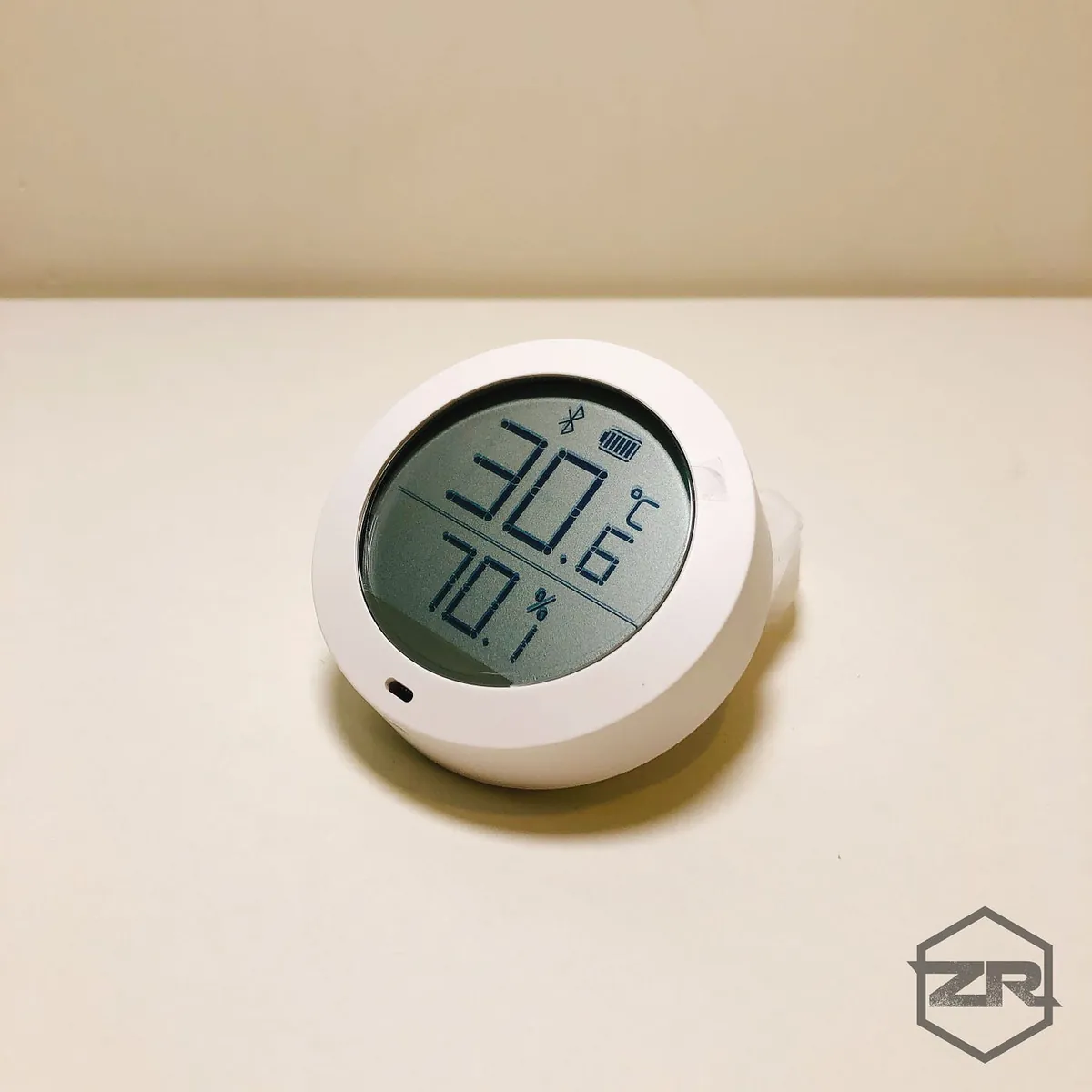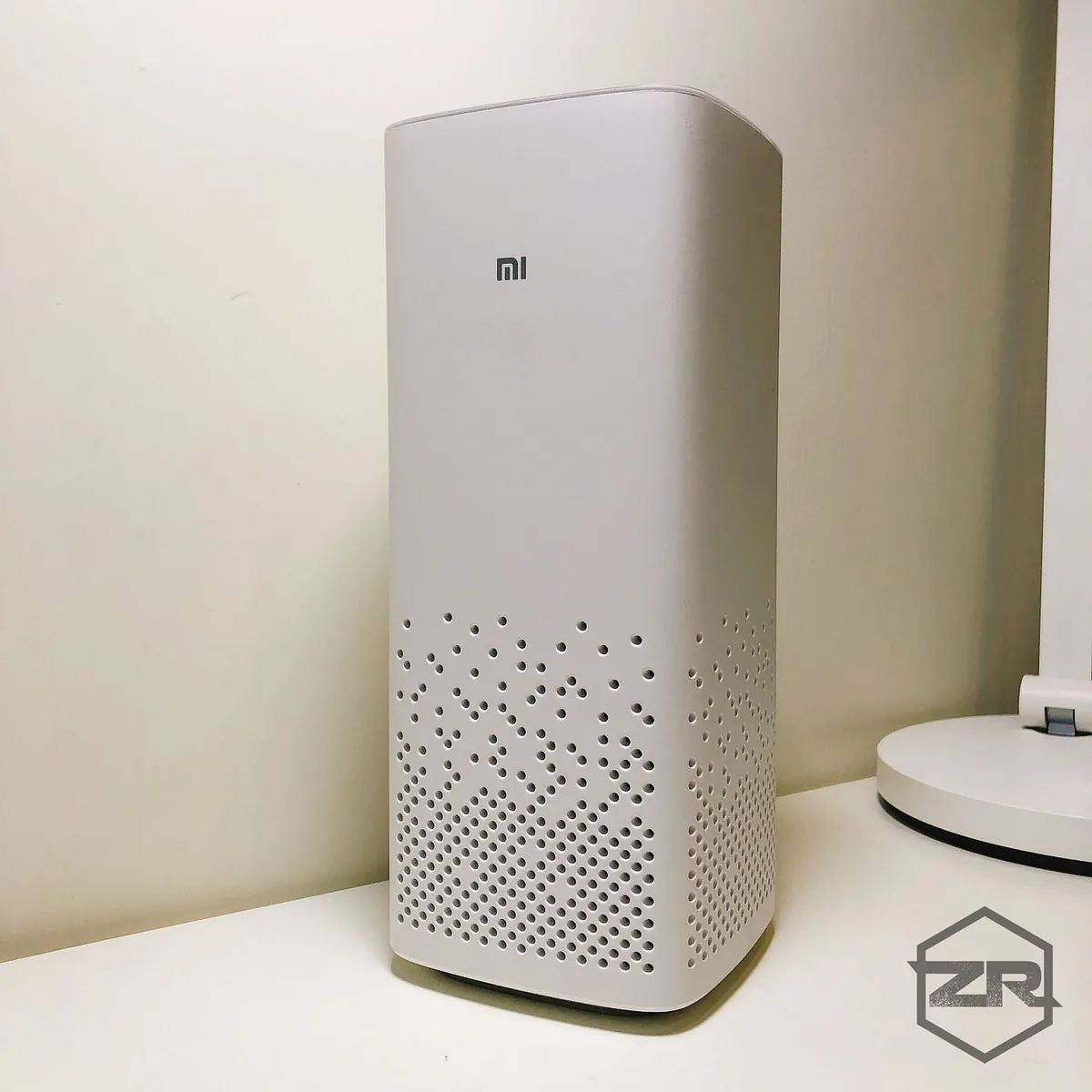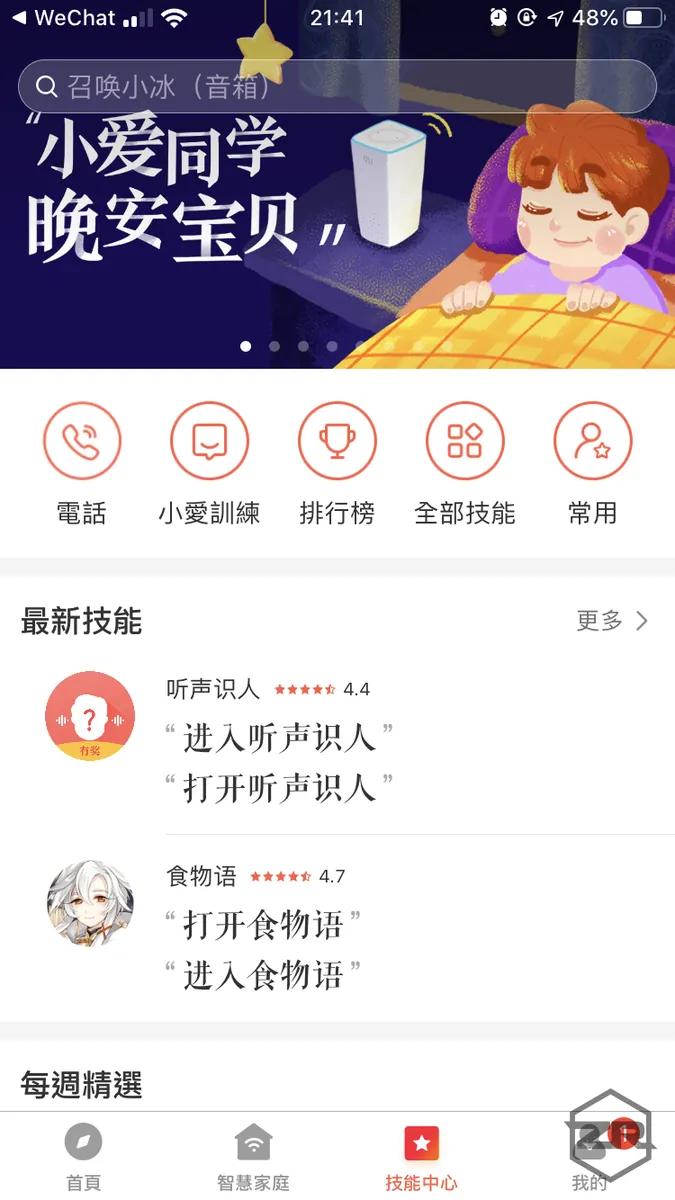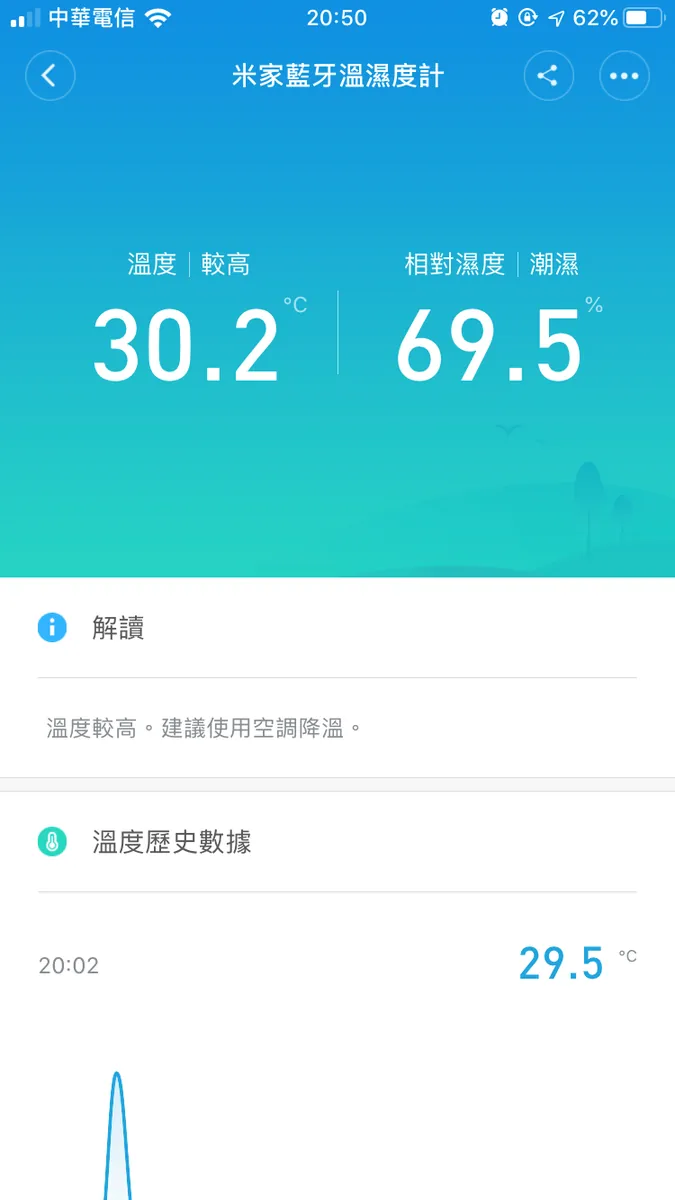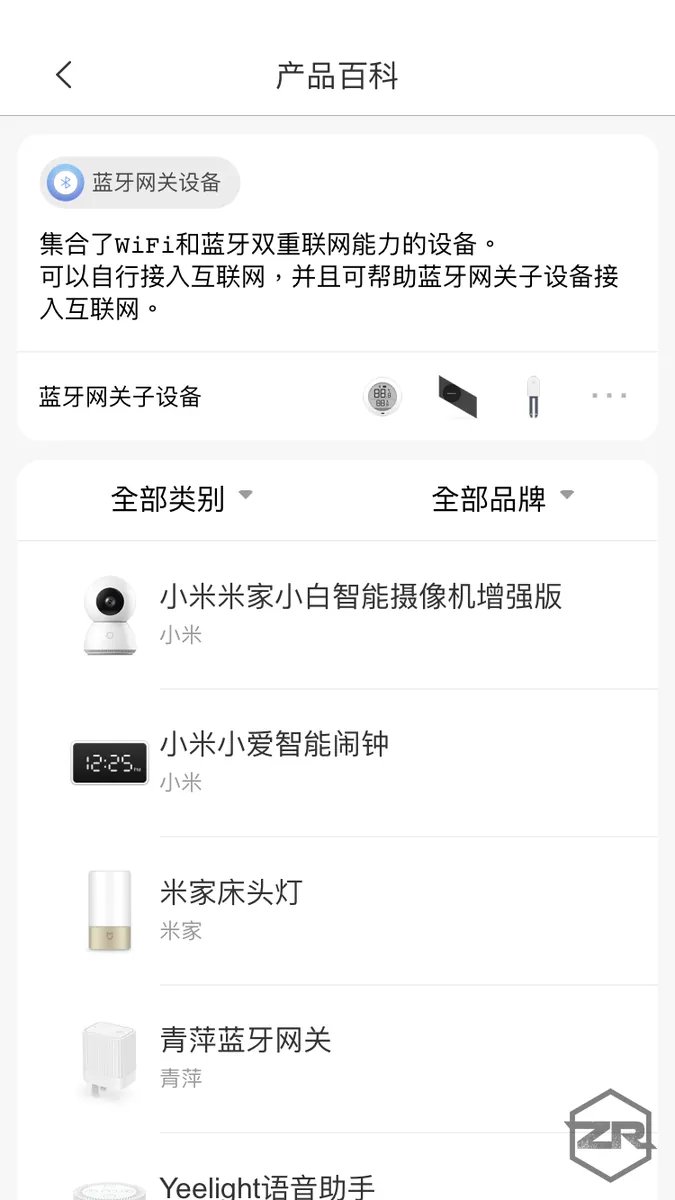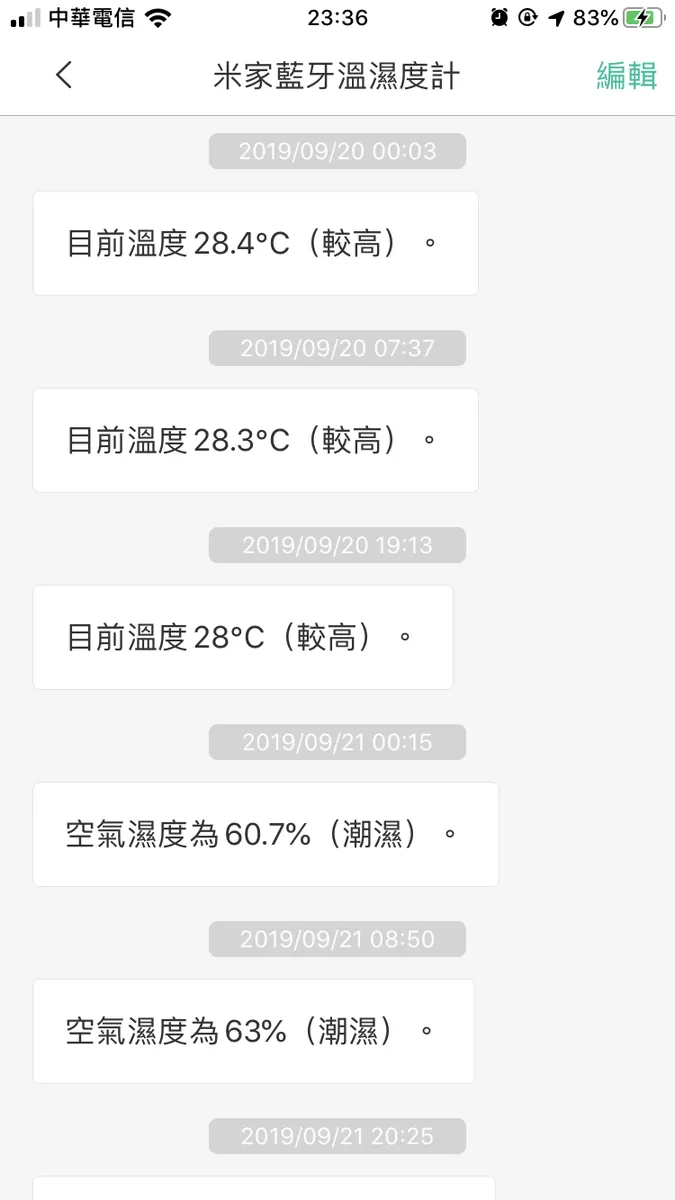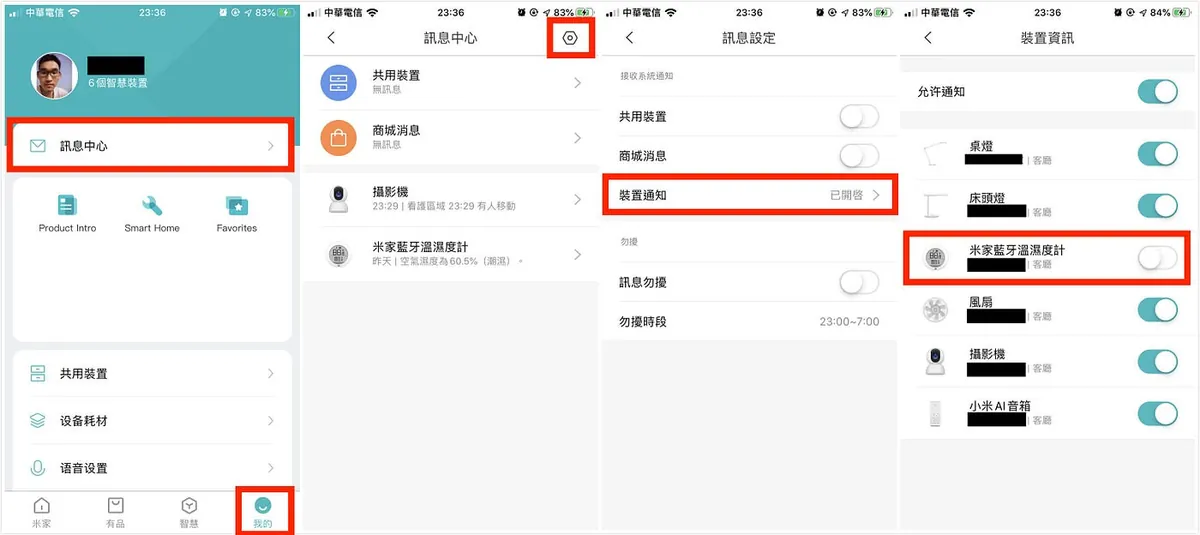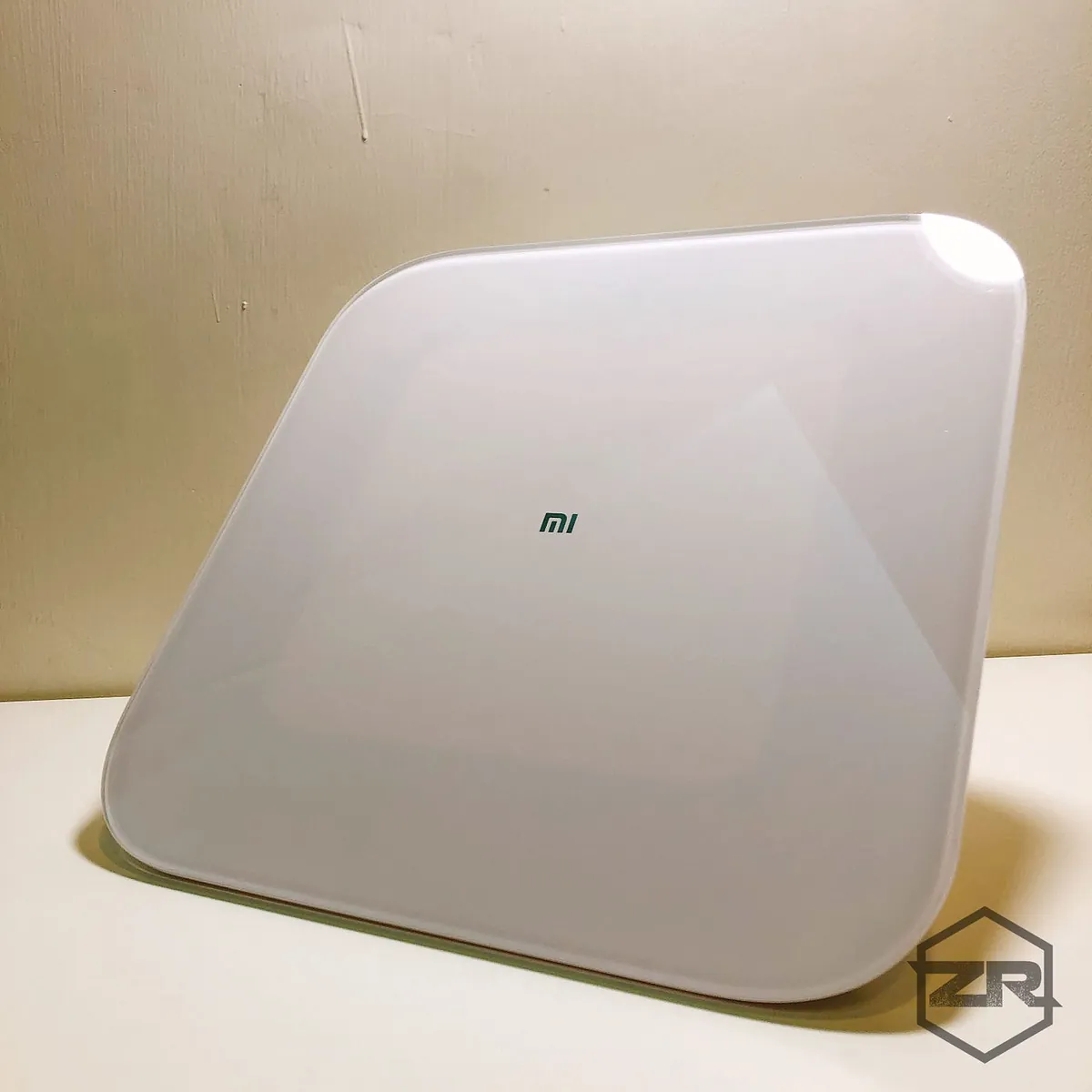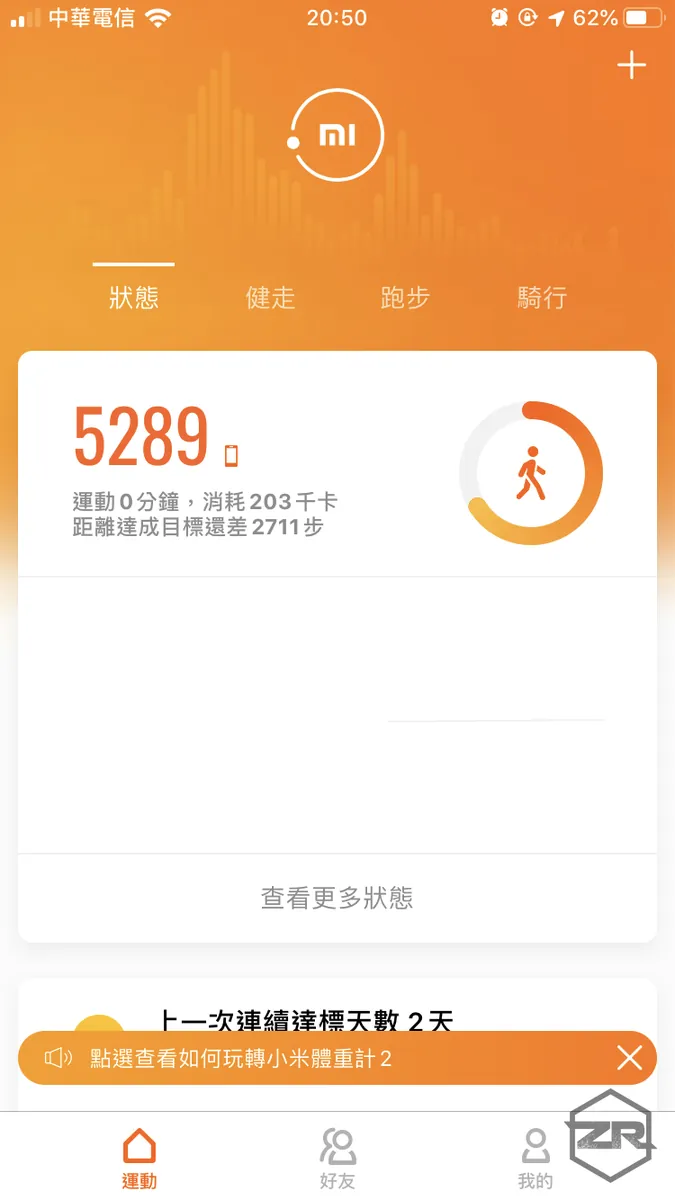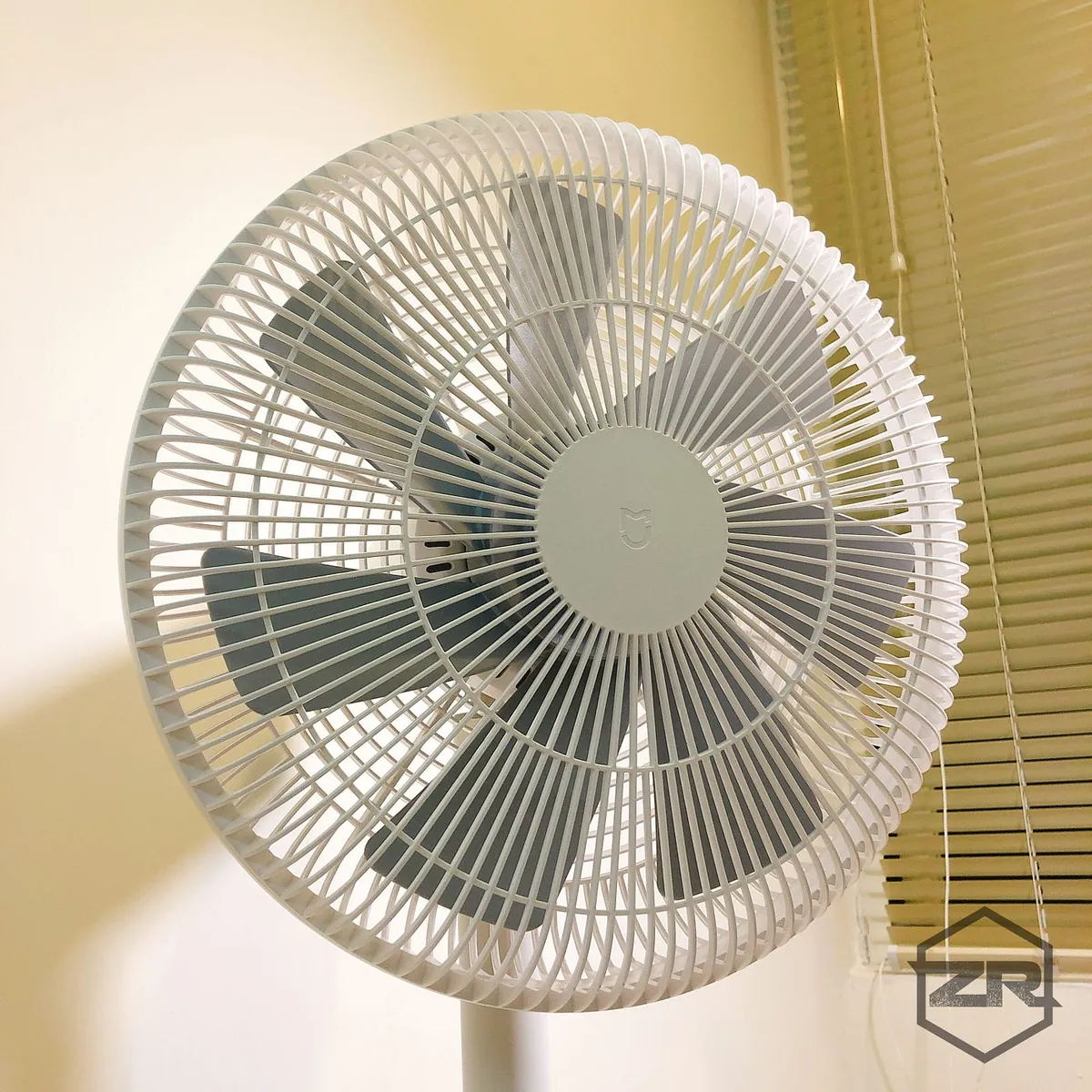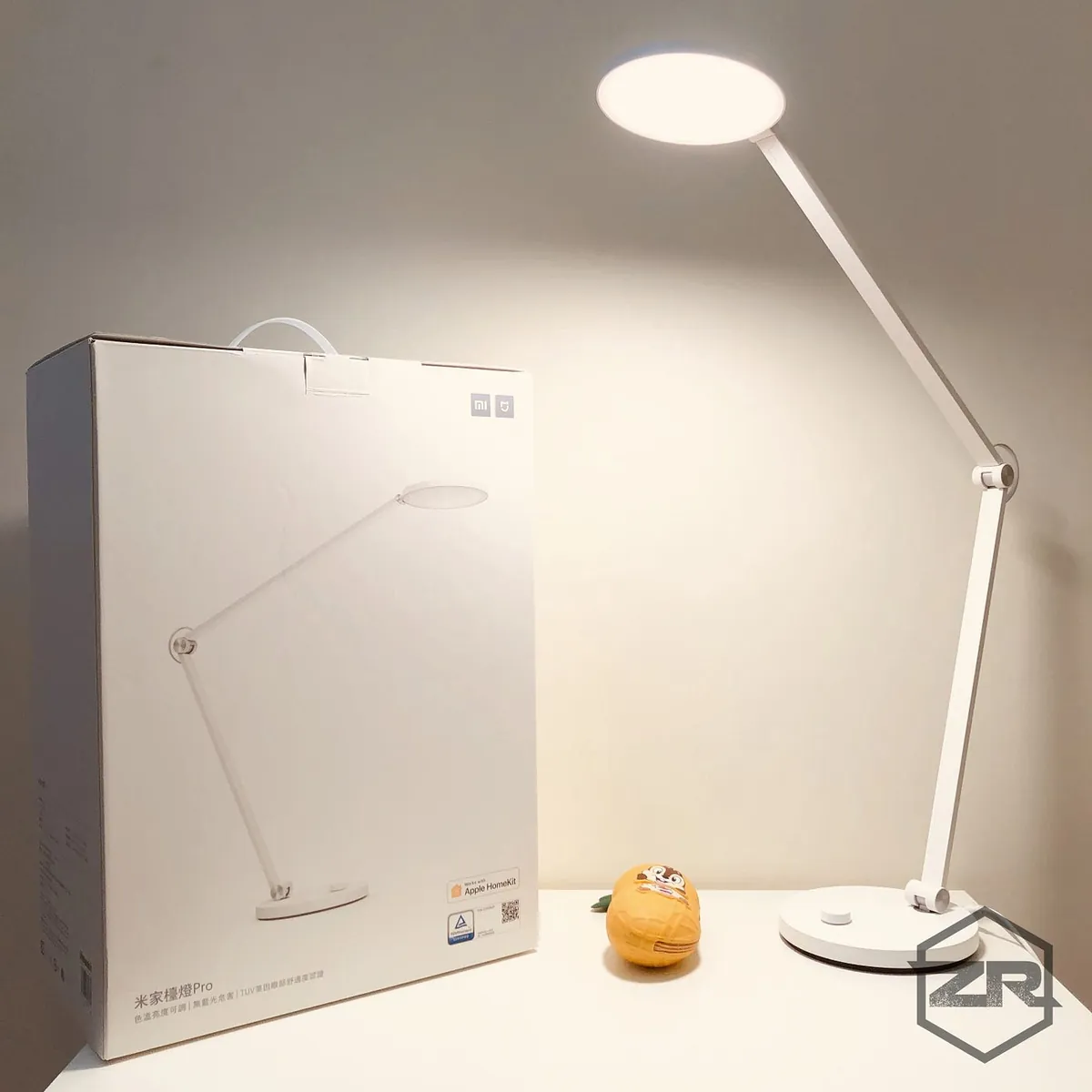Xiaomi Smart Home Devices|AI Speaker, Sensor & DC Fan Integration
Discover Xiaomi's smart home additions featuring AI speakers, temperature-humidity sensors, smart scales, and DC inverter fans to enhance automation and comfort seamlessly.
点击这里查看本文章简体中文版本。
點擊這裡查看本文章正體中文版本。
This post was translated with AI assistance — let me know if anything sounds off!
Table of Contents
New Additions to Xiaomi Smart Home
AI Speaker, Temperature and Humidity Sensor, Scale 2, DC Inverter Electric Fan User Experience
Getting Started
Following the previous article “First Experience with Smart Home — Apple HomeKit & Xiaomi Mijia” where I introduced how to use Xiaomi smart home products; I continued to buy several Xiaomi home products and tried every way to make all appliances smart… I can only say it’s really a pitfall. Initially, I just wanted to buy a desk lamp because Xiaomi’s design looked nice, and then I started exploring smart features, and that’s how I got hooked!
New Purchase — Xiaomi AI Speaker
Price: NT$ 1,495
Features:
Supports voice control for all connected Mi Home smart devices
KKBOX Membership Gift for 3 Months in Taiwan Region
Voice intelligence is powerful; compared to Siri, Siri is like a 3-year-old child.
¶Xiao Ai not only has basic voice assistant functions (checking weather, news, information, controlling home appliances, playing music…)
¶but also many extended skills (asking about American TV shows, playing mini-games, chatting, telling comic dialogues, acting as a maid, yes, speaking to you in a maid tone!!)
¶Supports customization (custom words and corresponding actions)Another major difference is that it can infer and extend from one example to others. Unlike Siri, which only answers the weather when asked, Xiao Ai will also ask if you want a reminder to bring an umbrella, making it more thoughtful and warm.
360-degree audio capture and playback with ample volume; calls are very responsive and accurate.
Can be used directly as a Bluetooth music speaker
Disadvantages:
When using Bluetooth speakers, there is a severe 1–2 second delay when watching videos; this is quite a serious flaw. Checking forums in China shows no solution, and the official response is indifferent, as it seems to be a hardware issue.
No support for Spotify / Apple Music. For users like me who are not KKBOX subscribers, after the free 3-month period ends, if you don’t want to pay, you can only switch to using QQ Music in the mainland China region.
Unlike the HomePod, which supports the Home Hub feature, I originally expected to use the Xiaomi speaker as the smart home hub. Then, when I arrive home, the Mi Home app could detect the Xiaomi speaker and automatically perform corresponding actions (like Apple’s HomePod + HomeKit system). It seems this is not possible!
You need to install a separate Xiao Ai Speaker app.
Set the same region as the Mi Home app. My Mi Home app is set to Mainland China (for more features), so Xiao Ai can only be set to Mainland China as well.
In summary, in daily use, it’s just a Bluetooth speaker that can only play music, occasionally asking Xiao Ai to remind me when time’s up… that’s it. Actually, Siri can do the same; a Bluetooth speaker that can’t act as a computer is really disappointing to me. But I have to say, its voice functions are really smart and impressive! It’s worth buying just for fun.
New Purchase — Mijia Bluetooth Temperature and Humidity Meter
Small item, NT$ 365
You need to buy an additional size 4 battery; the official claim is that the battery life can last up to one year. It has a compact round design with a magnetic mount, making it easy to take off and handle anytime. The dual-row display screen allows you to quickly check the current temperature and humidity.
APP Temperature Record
Only supports Bluetooth connection, so data cannot be read once the phone is out of Bluetooth range; unless you purchase a Bluetooth gateway or other Mi Home devices that support Bluetooth gateway functionality.
Official Document Supported Bluetooth Gateway Device List
Generally, devices that support both WiFi and Bluetooth are compatible, but Xiaomi AI Speaker surprisingly is not!!
And I discovered something amazing: the Mijia DC inverter fan actually works, WTF!!!! So currently, I use the Mijia fan to send temperature and humidity sensor data via WiFi to the network for me.
Really strange… Xiaomi AI speaker, desk lamp, table lamp, and camera do not support Bluetooth gateway function, but the electric fan actually does!
Not sure if only temperature and humidity meters can do this
Additionally, the temperature and humidity meter will not continuously send push notifications
Push notifications for temperatures that are too high or humidity that is too high (but these temperature and humidity levels are quite normal in Taiwan…)
How to Close:
Go to “My” -> top right corner “Settings” -> Device Notifications -> find Mi Home Bluetooth Temperature and Humidity Sensor -> turn off
After closing, you will no longer receive push notification messages!
New Purchase — Scale 2
It’s just a scale, NT$ 395
In addition to recording weight in the app, it offers functions like weighing objects and balance tests… but it’s still mainly a scale, mostly used for measuring body weight; its elegant design enhances the home decor even when not in use!
The scale requires downloading a separate Xiaomi Health app. Open the app while weighing to sync and record your weight.
Xiaomi Health APP
New Purchase — DC Inverter Electric Fan
The most satisfying appliance purchased this time, NT$ 1995
First, the basic functions of the electric fan
The 120-degree oscillation covers a wide range, and the wind speed can be adjusted in 1–100 levels, allowing you to control the airflow freely. My favorite feature is the “Natural Wind” mode because I like direct airflow but often feel uncomfortable after a while. This natural wind keeps the direct airflow on without causing discomfort!
Appearance Design
Maintaining Xiaomi’s simple white design, I personally don’t like fans that are too metallic (they feel dirty); Xiaomi fans are lightweight and clean, even when not in use, they look pleasant.
Intelligence Aspect
After adding it to the Mi Home app, you can control all parameters (mode, power, wind speed, angle) from the app. Additionally, you can set periodic timers (e.g., turn off at 7:00 AM from Monday to Friday) and link it with other Mi Home devices (e.g., automatically turn on when you arrive home, or when the temperature exceeds 30°C). These smart home features offer great flexibility.
Additionally, I found that it can act as a Bluetooth gateway, helping to transmit data from the Mi Home Bluetooth temperature and humidity sensor.
Not sure if only the temperature and humidity meter can do this
Current Device Inventory
Mijia Smart Camera PTZ Version 1080P (Supported: Mijia)
Xiaomi AI Speaker
Mijia Bluetooth Temperature and Humidity Sensor
Xiaomi Body Scale 2
Mijia DC Inverter Electric Fan
Summary
This concludes the summary of my new purchases. There is still a long way to go to reach the ideal setup (automatic air conditioning when the temperature is too high, fan following people, lights turning on when arriving home, lights off and cameras on when leaving, dehumidifier activating when humidity is too high), and the path is quite challenging… It requires circuit modifications, and I found out my dehumidifier lacks a return function, and the air conditioner is an old model. Many Xiaomi devices are not available in Taiwan (e.g., universal remote). I initially wanted to invest in a smart home kit, but considering the limited use, I will continue researching what else can be made smart!
Further Reading
If you have any questions or feedback, feel free to contact me.
This post was originally published on Medium (View original post), and automatically converted and synced by ZMediumToMarkdown.
